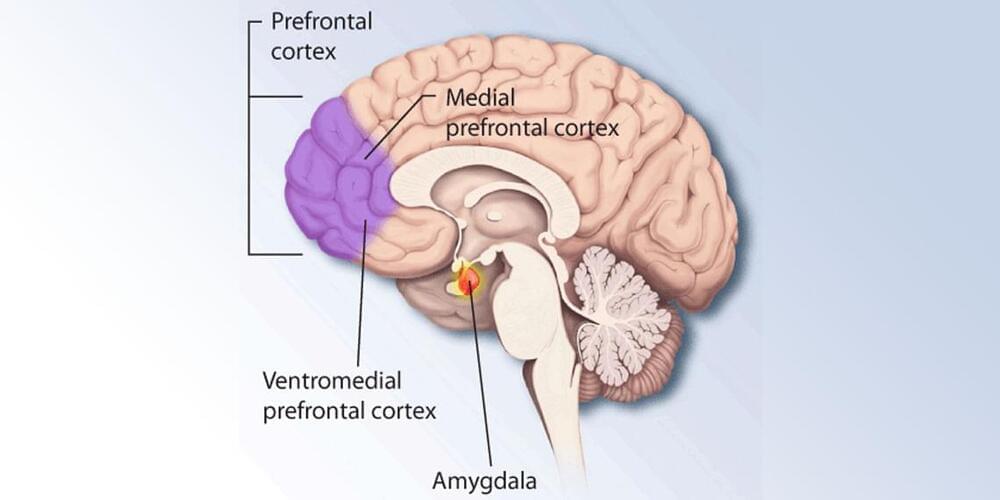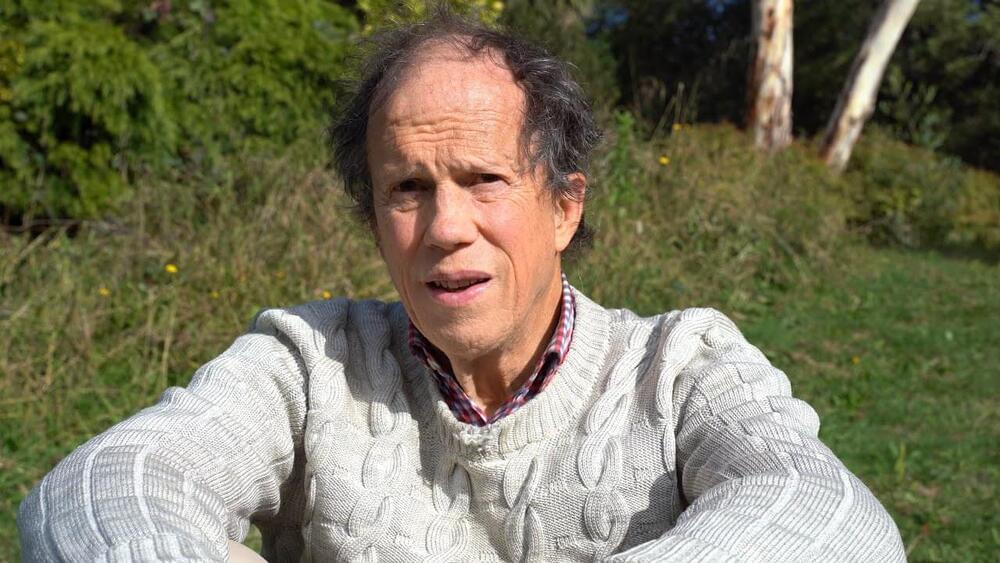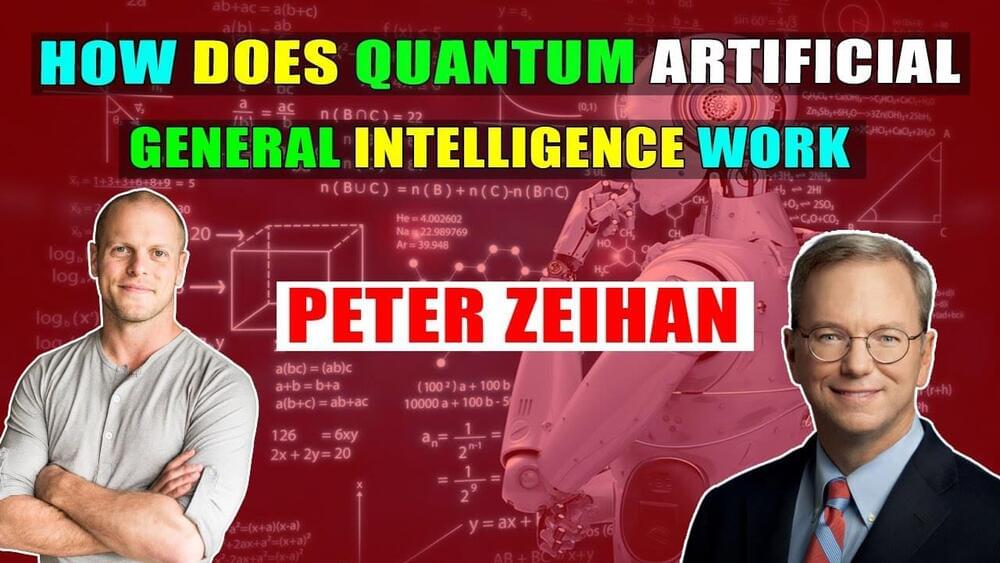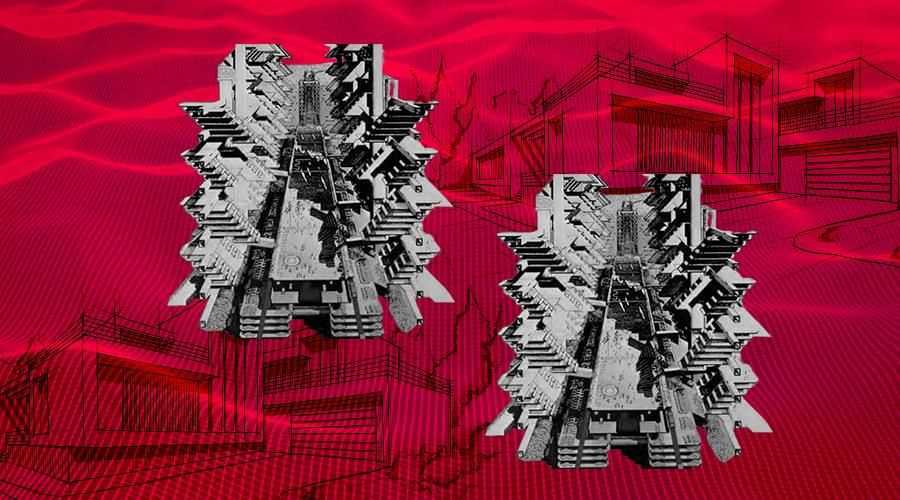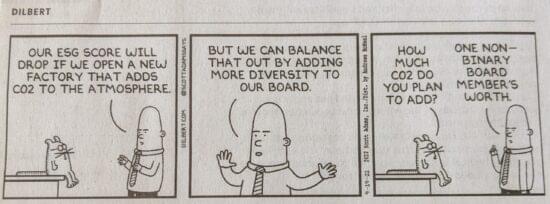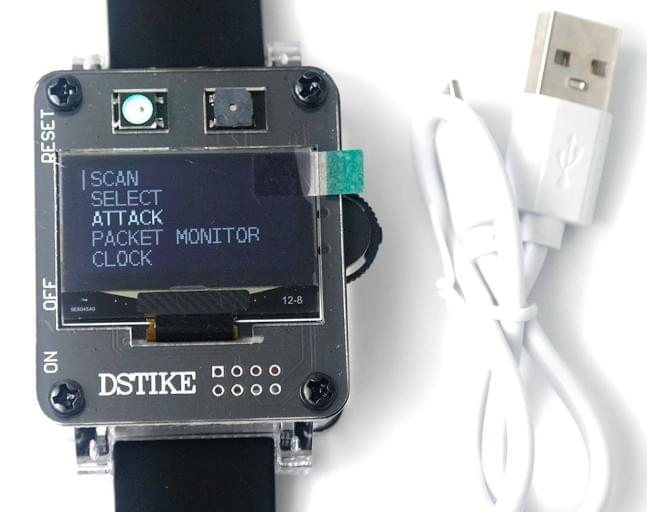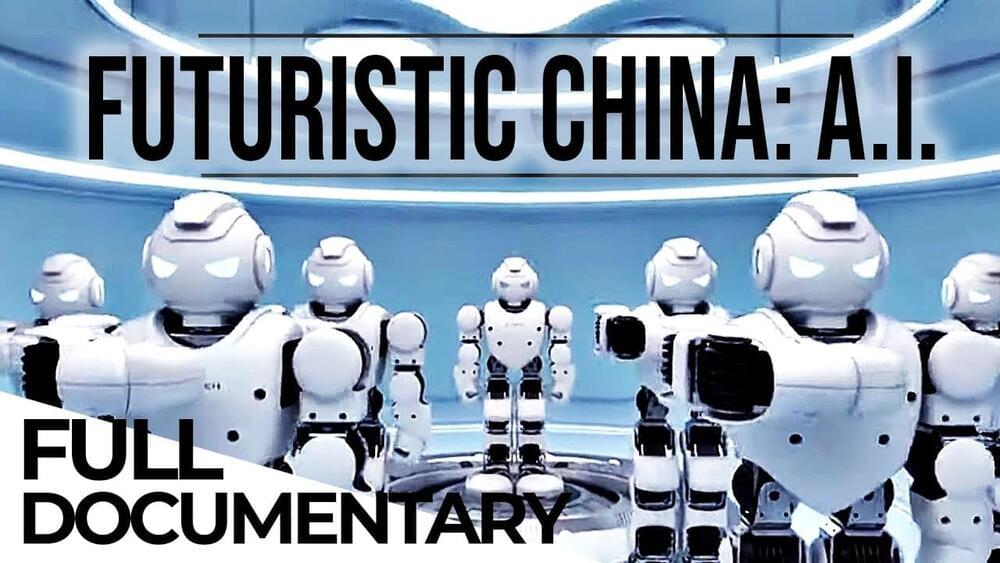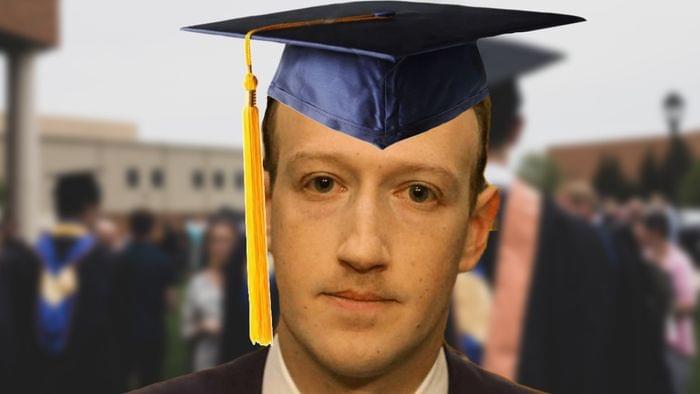Sep 24, 2022
Neuroimaging study suggests mental fatigue helps preserve the chemical integrity of the brain
Posted by Dan Breeden in categories: biotech/medical, chemistry, education, neuroscience
Strenuous cognitive work leads to an accumulation of glutamate in the prefrontal cortex, according to new research published in the journal Current Biology. The new findings suggest that mental fatigue is a neuropsychological mechanism that helps to avert the build up of potentially toxic byproducts of prolonged cognitive activity.
“Nobody knows what mental fatigue is, how it is generated and why we feel it,” said study author Antonius Wiehler, a member of the Motivation, Brain and Behavior Lab at Pitié Salpêtrière Hospital in Paris. “It has remained a mystery despite more than a century of scientific research. Machines can do cognitive tasks continuously without fatigue, the brain is different and we wanted to understand how and why. Mental fatigue has important consequences: for economic decisions, for management at work, for education at school, for clinical cure, etc.”
The researchers were particularly interested in the role of glutamate, an excitatory neurotransmitter that is involved in a variety of cognitive functions, including learning and memory. In addition, glutamate plays a role in controlling the strength of synaptic connections. Too much or too little glutamate can lead to neuronal dysfunction, so it is critical that this neurotransmitter is tightly regulated.
